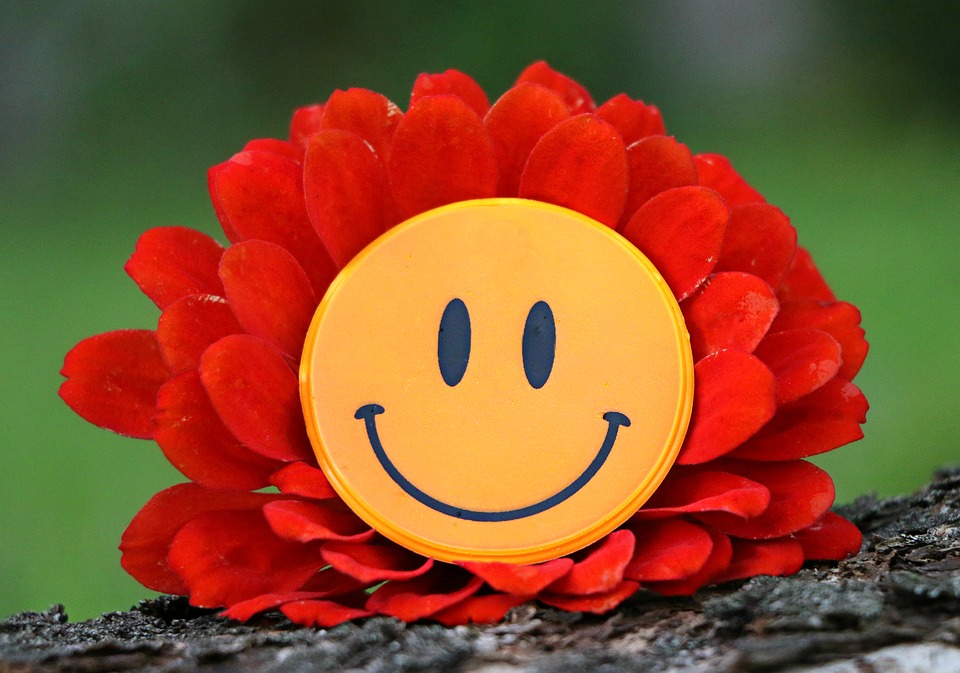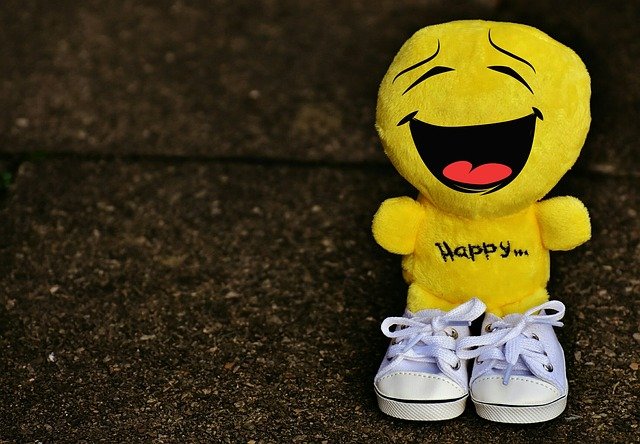By Evi Tsakali,
In April 2016, a petition to the UN was launched on Avaaz. It wrote: “The right to laugh and make others laugh shall be received by UN resolution as an addition to Article 19, the freedom of expression, in the Universal Declaration of Human Rights.” A very interesting proposition that sparks up an even more interesting conversation.
No one can deny that laughter is a great form of stress relief, with its numerous health benefits having been acknowledged by scientists. According to Mayo Clinic, laughter has both short-term and long-term effects. Short-term effects include the activation and relief of your stress response as well as the soothing of tension, via the stimulation of circulation and aid muscle relaxation, both of which can help reduce some of the physical symptoms of stress. Besides, laughter enhances your intake of oxygen-rich air, stimulates your heart, lungs and muscles, and increases the endorphins that are released by your brain. Laughter is not just a quick pick-me-up, though. It is also good for you over a long period of time as it relieves your pain like a natural painkiller; it improves your mood, lessens the probability of depression and anxiety and -last but not least- improves your immune system by releasing neuropeptides which help in fighting off stress and potentially more serious illnesses.
 However, we live in an age of rising gelotophobia. It can, it seems, be terribly destructive to laugh at anyone for a range of reasons, and one of the hottest of those is cultural appropriation. We fear those who use social media to howl down anyone who dares to laugh at other cultures or minorities. Oftentimes they do have a point: humour maintains taboos and deploys stereotypes, including those of cultural difference. So perhaps it should be banned or at least licensed? That does not really sound right though, does it? Laughter can be a source of pleasure, understanding, and human connection.
However, we live in an age of rising gelotophobia. It can, it seems, be terribly destructive to laugh at anyone for a range of reasons, and one of the hottest of those is cultural appropriation. We fear those who use social media to howl down anyone who dares to laugh at other cultures or minorities. Oftentimes they do have a point: humour maintains taboos and deploys stereotypes, including those of cultural difference. So perhaps it should be banned or at least licensed? That does not really sound right though, does it? Laughter can be a source of pleasure, understanding, and human connection.
Humour is one of the most durable ways of bringing people together, through the intimacy of shared laughter and understanding. Laughter is a distinctive feature of humans and it has evolutionary as well as social origins: it is a social glue and a human pleasure. Nevertheless, when laughing with something, we often also laugh at it. Parody, a common comic and satirical technique functions by imitation with comic distortion, almost always in a judgmental way. If we agree with the judgment, we are amused and we laugh; if not, we say, “That is not funny” (whose hidden meaning is “I don’t agree that you should be laughing at that.”), only to receive the equally lame response “Can’t you take a joke?”. From this conversation we get more of a quarrel between 5 year olds than a fruitful debate.
Bearing this in mind, it would be useful to distinguish laughing up and laughing down.
 Laughing up vs. laughing down:
Laughing up vs. laughing down:
In modern western nations, it is generally okay with laughing up at people or groups who are relatively more powerful. Especially when it comes to politicians, ridiculing them seems like a civic duty to us today. On the other hand, laughing down is generally thought to be not okay. It is a fairly recent and not universally accepted attitude, established for the sake of political correctness. We can and we should disagree ethically with some jokes, but it is a big step further to insist that they are simply not funny, and an even bigger step to deny them the right to exist.
At this point I feel the need to clarify that being politically correct is not a bad thing: sometimes, sticking to a general code of political correctness makes the world a better and safer place and our culture way more accepting. However, is hypersensitive adherence to traditional political correctness, which seems to have become the norm nowadays, worthy of turning offensive humour into guilty pleasure? Maybe if we want to make our world not only a better and safer, but also a happier place, next time we hear an offensive joke from a comedian or even a friend, we need to take a deep breath and laugh, instead of reach down for our closest knife to stab them with or, more realistically, for our computer keyboard to diss them on the internet. It is okay to laugh at things that are funny, and if we do not think something is funny, that’s okay too.
Wrapping it all up, it is important to understand that there is a difference between humor and hate speech and it lies in its intention. History is something that we carry with us as a society and jokes help us cope with the horrors of our past. No one forgets the tragedies and discrimination against minorities that humankind has witnessed, but joking about something terrible helps us as human beings to comprehend, and thus overcome, the torment of horror. It seems, eventually, that establishing the right to laugh by a UN resolution in Article 19 of the Universal Declaration of Human Rights would be a beneficial idea: it would always remind us that it is a pity to have so much hate to give, when we should have had so much love to give.
Further reading
- Charlie Smile, The right to laugh is a human right! (contains the petition mentioned in the article). Available here.
- Massachusetts Daily Collegian, Right to laugh: a defence of offensive humor. Available here.
- Mayo Clinic, Stress relief from laughter? It’s no joke. Available here.




